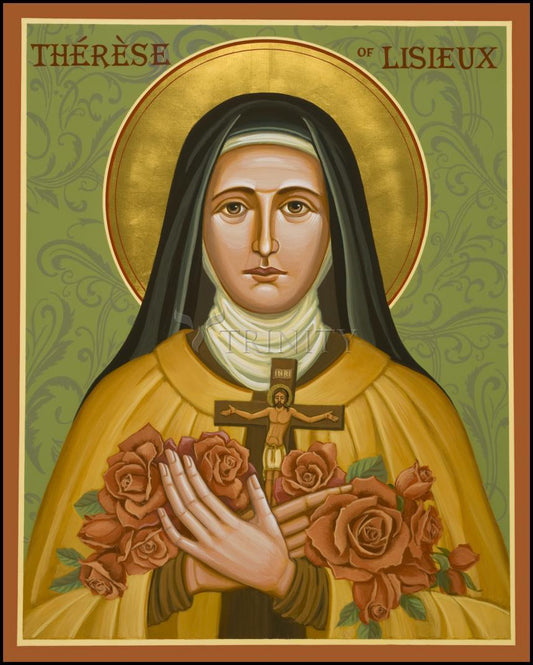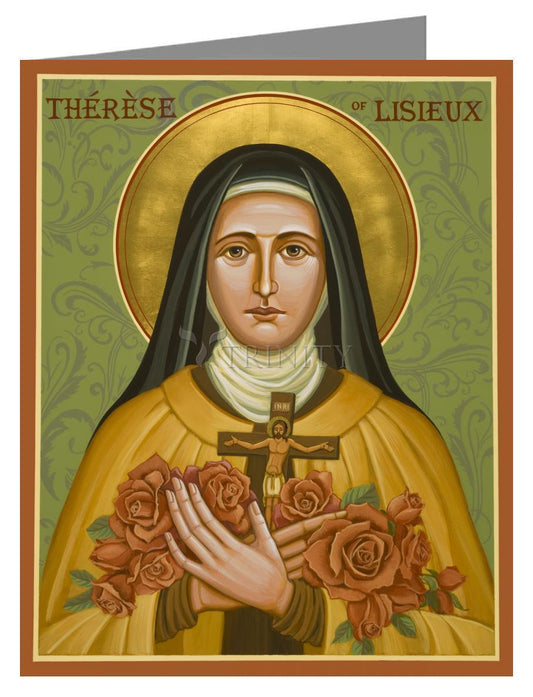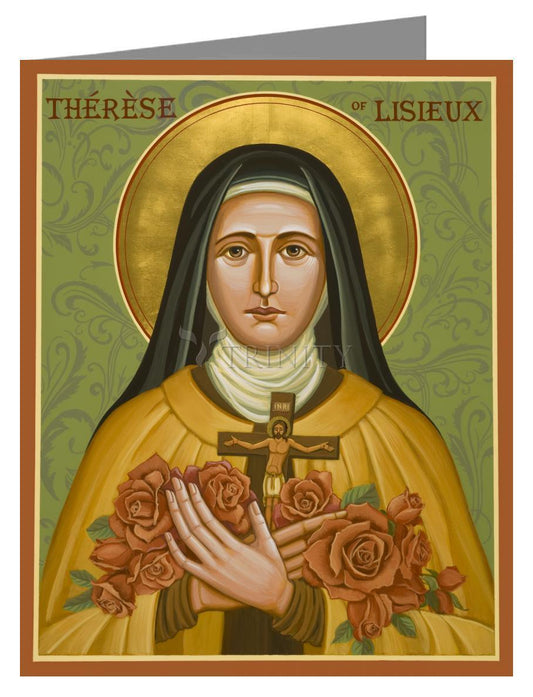"I prefer the monotony of obscure sacrifice to all ecstasies. To pick up a pin for love can convert a soul."
These are the words of Thérèse of Lisieux, a Carmelite nun called the "Little Flower," who lived a cloistered life of obscurity in the convent of Lisieux, France. And her preference for hidden sacrifice did indeed convert souls. Few saints of God are more popular than this young nun. Her autobiography, The Story of a Soul, is read and loved throughout the world. Thérèse Martin entered the convent at the age of 15 and died in 1897 at the age of 24.
Life in a Carmelite convent is indeed uneventful and consists mainly of prayer and hard domestic work. But Thérèse possessed that holy insight that redeems the time, however dull that time may be. She saw in quiet suffering a redemptive suffering, suffering that was indeed her apostolate. Thérèse said she came to the Carmel convent "to save souls and pray for priests." And shortly before she died, she wrote: "I want to spend my heaven doing good on earth."
Thérèse was canonized in 1925. On October 19, 1997, Pope John Paul II proclaimed her a Doctor of the Church, the third woman to be so recognized in light of her holiness and the influence of her teaching on spirituality in the Church.
Her parents, Louis and Zélie, were beatified in 2008, and canonized in 2015.




















